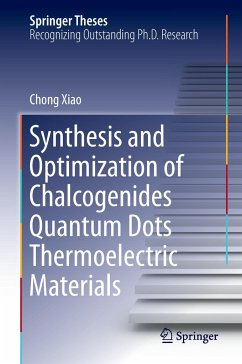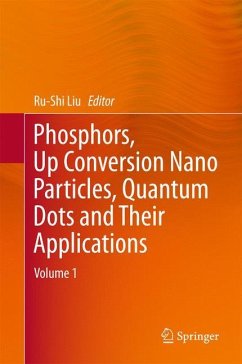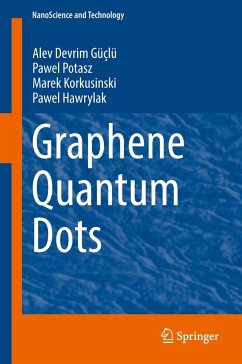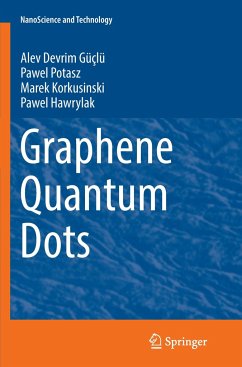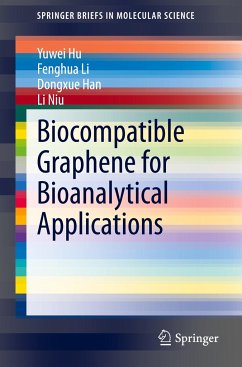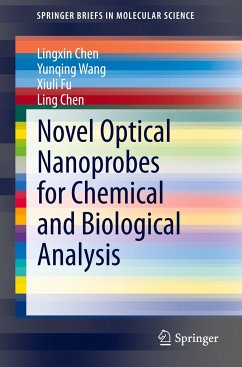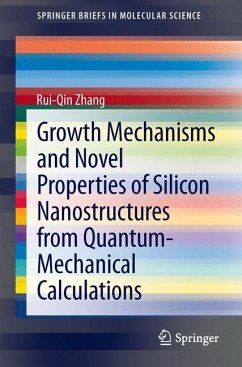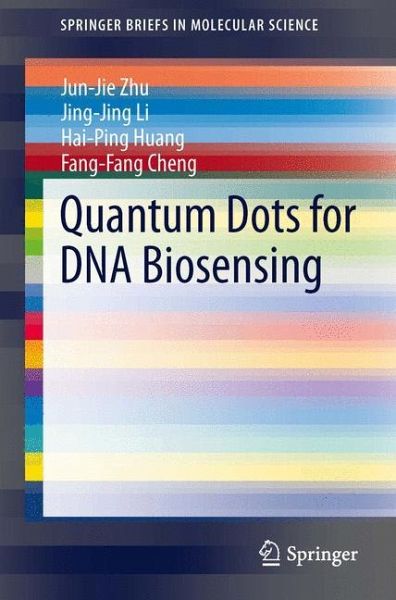
Quantum Dots for DNA Biosensing

PAYBACK Punkte
19 °P sammeln!
This book provides a broad introduction to all major aspects of quantum dot properties including fluorescence, electrochemical, photochemical and electroluminescence. Such properties have been produced for applications in biosensing, cell tracking, in vivo animal imaging and so on. It focuses on their special applications in DNA biosensing and provides readers with detailed information on the preparation and functionalization of quantum dots and the fabrication of DNA biosensors, using examples to show how these properties can be used in DNA biosensor design and the advantages of quantum dots ...
This book provides a broad introduction to all major aspects of quantum dot properties including fluorescence, electrochemical, photochemical and electroluminescence. Such properties have been produced for applications in biosensing, cell tracking, in vivo animal imaging and so on. It focuses on their special applications in DNA biosensing and provides readers with detailed information on the preparation and functionalization of quantum dots and the fabrication of DNA biosensors, using examples to show how these properties can be used in DNA biosensor design and the advantages of quantum dots in DNA biosensing. Further new emerging quantum dots such as metal nanoclusters and graphene dots and their applications in DNA biosensing have also been included.





